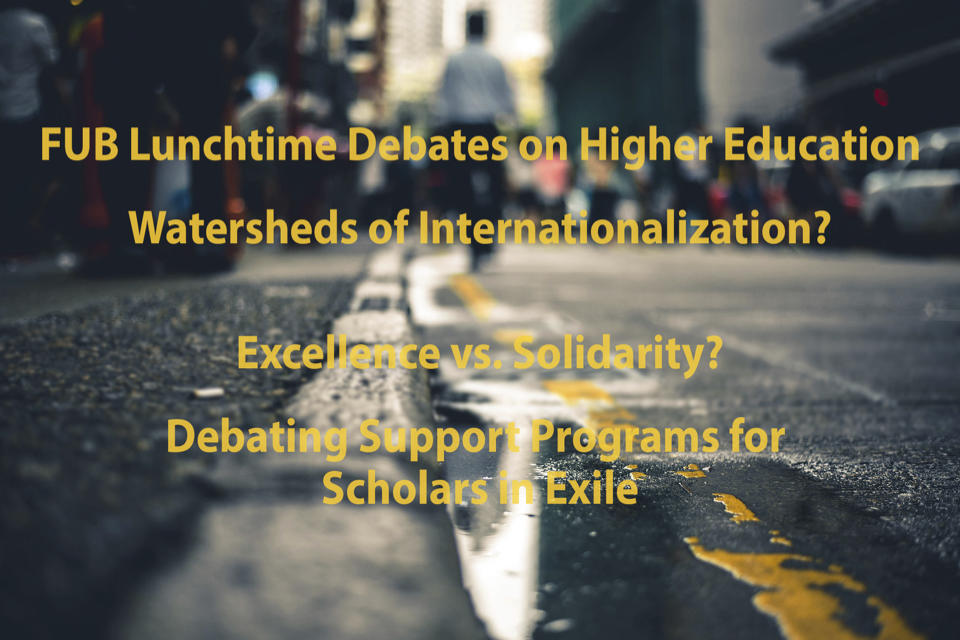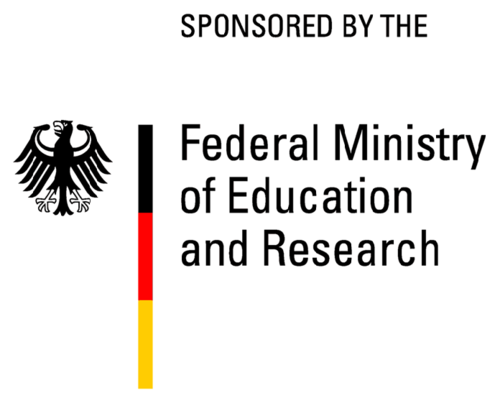Excellence vs. Solidarity? Debating Support Programs for Scholars in Exile
The online debate took place on 20 January 2021.
Since 2015, Germany has become a major host destination for at-risk and displaced scholars. The Philipp Schwartz-Initiative of the Alexander von Humboldt Foundation is a well-known example of fellowship programs for researchers under threat. These programs are often essential for the scholars’ career “restart” and enable many to overcome the challenges of the exile. Yet, the number of scholars in need of the support by far supersedes the programs’ capacities and available funding. While being rooted in humanism and solidarity-oriented philosophy, they are thus confronted with the necessity to be selective in providing fellowships and financial support. Simultaneously, there are no structures in place to ensure long-term reintegration of the exiled scholars into the host countries’ academic systems after the finalization of the fellowships. Unable to return home, the scholars find themselves in a precarious situation, competing for limited positions on the academic labor market of the host countries, where success is defined by meritocracy and professional networks.
What does this situation mean for scholars in exile? Does the path to personal academic freedom have to lead to precarity in academia? What are the prospects for at-risk scholars in the German and European academic systems?
These and other questions were discussed by Dr. Enno Aufderheide, Secretary General of the Alexander von Humboldt Foundation, Dr. Asli Telli Aydemir, Associate Researcher at the University of Siegen and a former Alexander von Humboldt Foundation-Phillip Schwartz Fellow, and Prof. Dr. Verena Blechinger-Talcott, Vice-President for International Affairs at the Freie Universität Berlin. The event was organized by Academics in Solidarity, Freie Universität Berlin, in cooperation with the Alexander von Humboldt Foundation, as part of the series “FUB Lunchtime Debates on the Future of Higher Education Internationalization”.


